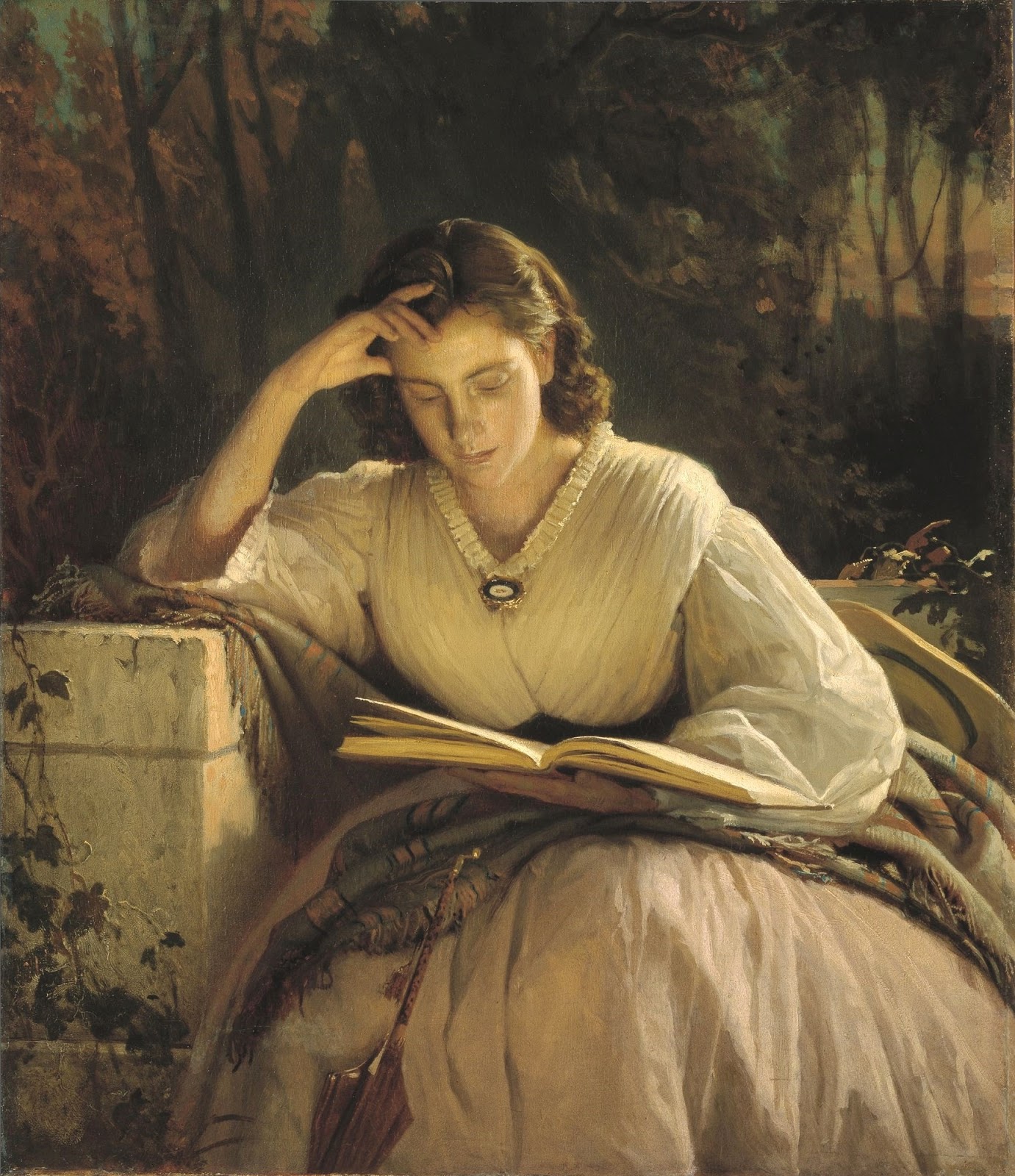The words of Paul in the second letter to the Corinthians draw a line of fire between two ministries: one carved in stone and heavy with death, the other radiant with Spirit and alive with freedom. The passage of II Corinthians 3:4-11 unveil the limit of the Law. A covenant inscribed in stone is a monument, fixed and immobile, and yet what lives in the heart is breath, untamed, borne by the wind of the Spirit. The opposition is the conflict between a world ruled by weight and a world stirred by breath, between permanence that calcifies and movement that liberates. Stone tablets against tongues of fire, Sinai against Pentecost, Saturn against the living breath of the Ruach.
I. The Stony Ministry
The Law carved in stone carries a paradox. It is holy, necessary, the boundary that gives form to life. Without structure the world dissolves into chaos, and so the mountain of Sinai stands as the maternal height where Binah, the Great Understanding, imposes her form upon the formless. Saturn, lord of the boundary, is this same force. He holds the chaos of waters in check, erects pillars, inscribes limits. In this sense the tablets of the Law are a gift: they anchor, restrain, halt the dissolution of the soul into fragments.
But the same stone that grounds can also suffocate. The ministry of stone is heavy upon the chest. The letter of the Law, when taken to its extreme, arrests movement, freezes the Spirit into formula, reduces the living Mystery into commands. When Paul speaks of a “ministry of death,” he is not denying the holiness of Sinai. He exposes what happens when stone claims sovereignty over fire, when form claims priority over the Breath that animates form. Stone without Spirit is tomb. The most perfect law, when stripped of its animating fire, becomes coffin for the soul.
II. The Living Ministry
The contrast Paul proclaims is the Spirit that writes upon the heart. The tablets of flesh are of blood, breathing with a rhythm that resists calculation. The Spirit breaks through stone walls and iron bonds. The image of the wind in the Gospel of John is the same: “the Spirit blows where it will.” It contains no fixed habitation, for it is not a law among laws but the very ground of vitality itself.
This is the deeper glory Paul points to. If the face of Moses shone when he descended with the tablets, how much brighter is the light of the Spirit whose flame does not fade. Pentecost crowns this truth: tongues of fire descending upon frail disciples who become vessels of Divine speech. The letter alone cannot produce such fire. Only Spirit kindles it. In the Tree of Life, the letter belongs to Binah, the pillar of structure, whereas the Spirit pours from Kether, crown of pure emanation. Both are Divine, yet the latter is the seed from which the former takes shape. The Spirit is the first breath, the letter its crystallisation.
The distinction is crucial. The Law forms, but Spirit animates. The stone resists, but the wind creates. The word inscribed upon the heart is more potent than the inscription upon tablets. It speaks with authority that no earthly statute can replicate. Hence the ministry of the Spirit abides, whilst the ministry of the stone fades, glorious though it was.
III. The Marriage of Stone and Fire
The temptation is always to cast aside the stone for the sake of freedom, or to reject the Spirit for the security of stone. Both errors wound the soul. The true path is marriage. The Spirit without boundary burns to ash, like fire raging through fields without walls. The stone without Spirit ossifies into idol, a dead form worshipped in place of life. Paul does not reject the Law. He honours its splendour whilst showing that its glistening was destined to wane before the greater radiance of the Spirit.
The hermetic tradition echoes this truth: sulphur without salt becomes destruction, salt without sulphur becomes corpse. Only together do they yield the stone of the wise. Saturn as Binah is honoured, since she sets the limit and weaves form, but she does not stand above the Breath that descends from the Crown. She is vessel, not source. The vessel without wine is empty, and the wine without vessel spills into earth.
When Paul declares that the letter kills and the Spirit gives life, he unveils the alchemy of faith: the soul must pass from stone into flame, from death into life, from form into the breath that moves through form.
Fiat Lux.
